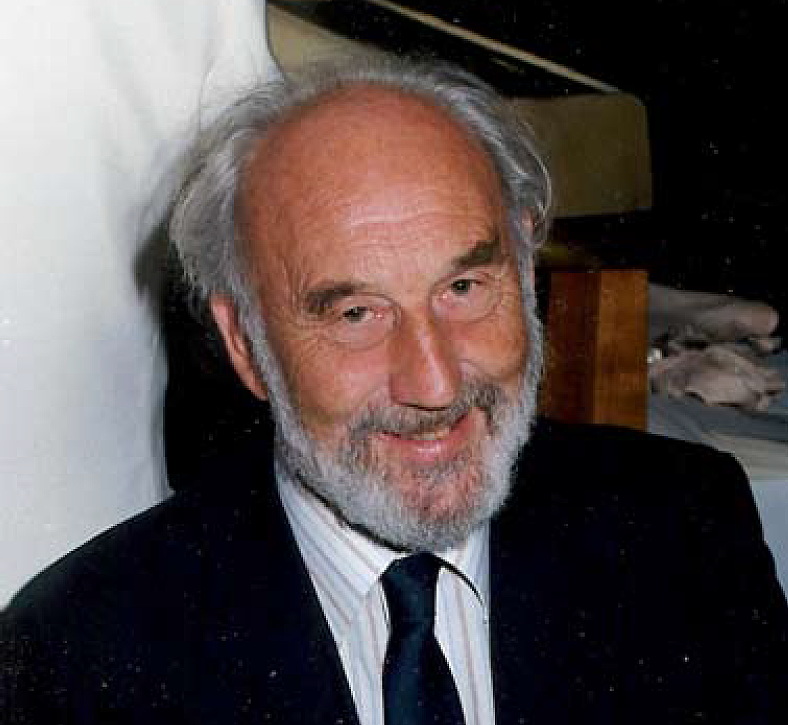
Warwick Nicholas, affectionately known as Nick, was born in 1926 in Cheshire, in the north of England. After a turbulent early childhood, he was sent to Dauntsey’s, a public school in Wiltshire that specialized in Science and Agriculture. At Dauntsey’s, Nick developed his lifelong interest in aquatic invertebrates. He became interested in the dew-ponds on the Salisbury Plain, ran the school aquarium and fell in love with microscopy.
After the war, Nick went to Liverpool University, graduating with First Class Honours in Zoology in 1950. He accepted a Research Assistantship at the Liverpool School of Tropical Medicine and Hygiene and enrolled for a PhD. He was awarded his PhD in 1953 for his work on filariasis and the role of the the biting midge, Culicoides, undertaken in West Africa.
In 1953, Nick won a Beit postdoctoral fellowship at Liverpool and was appointed to a Lectureship, enabling him to continue his work on rhabditid nematodes and to begin work on a neglected group of parasites, the Acanthocephala.
The Nicholas oeuvre comprises about 120 scientific papers and one important book, The Biology of Free-Living Nematodes, published by Clarendon Press, Oxford.
In 1960, Nick was appointed senior lecturer at the Australian National Universityand was very quickly promoted to Reader (Associate Professor) in 1964. He mainly taught Parasitology at the undergraduate level but contributed to other courses and supervised many Honours, Masters and PhD students. He served several stints as Head of Department. He remained a Visiting Fellow until the day he died.
During his Presidency of the ASP in 1978, he concentrated, inter alia, on the thankless task of finding a home for the Australian Parasitology Collection, initiating a process that took 20 years to come to fruition. His own collection of free-living nematodes he donated to the CSIRO under the care of one of his former students, Dr Michael Hodda.
Although the great prizes eluded Nick, he had his brush with greatness, During a spell at the Kaiser Foundation Health Laboratory with Drs Ellsworth C. Dougherty and Eder Hansen of the University of California, Nick achieved the axenic culture of two strains of Caenorhabditis elegans, one of which was the ‘Bristol’ strain. The ‘Bristol’ cultivar of C. elegans was subsequently given to Sydney Brenner by Dougherty. Brenner shared the 2002 Nobel Prize in Physiology or Medicine for his work on C. elegans. He titled his Nobel Address Nature’s Gift to Science. Nature, however, had received considerable help from one Warwick Llewellyn Nicholas.
This content of this page is drawn from a tribute to Warwick Nicholas by Chris Bryant, published in the ASP Newsletter Vol.21,No.3, August 2010. Professor Bryant made special thanks to Warwick Nicholas’s wife Evelyn for generously making her records available.


